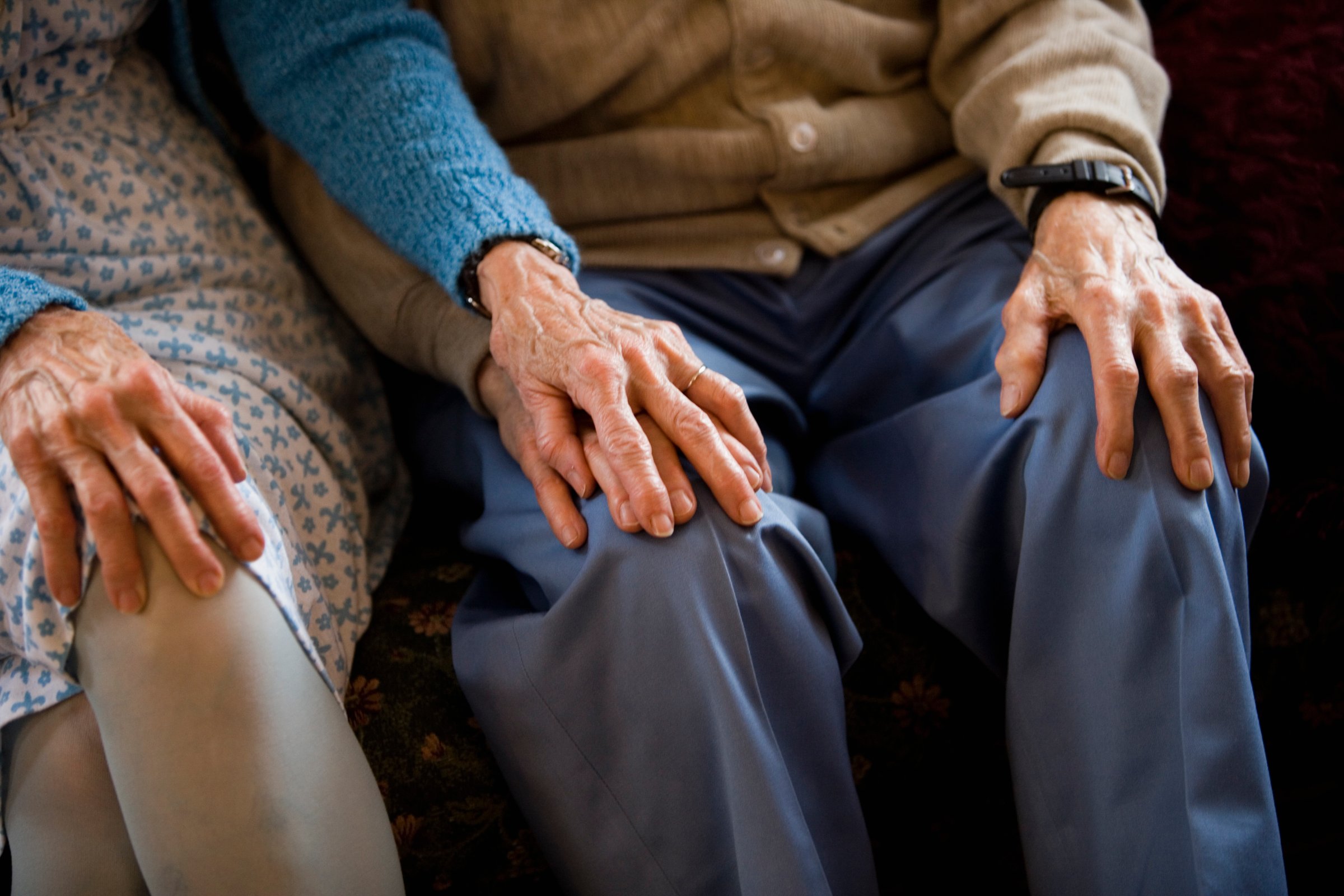
People who feel three or more years younger than they actually are had lower death rates compared to people who felt their age or older, according to a recent study.
Two University College London researchers studied data collected from 6,489 men and women whose average age was 65.8. On average, people in the study, published in the journal JAMA Internal Medicine, felt closer to 56.8. Among the participants, 69.6% said their self-perceived age was three or more years younger than their chronological age, 25.6% said they felt their age or close to it, and only 4.8% felt older than they actually were.
When the researchers compared the self-perceived ages to death rates, they found that rates were lower among those who felt younger, compared to participants who felt their age or older.
Of course unrelated factors like disabilities and overall health played a role, but when the researchers adjusted for those factors, they still noted a 41% greater mortality risk for the people who said they felt old.
What’s driving this apparent phenomenon needs further assessment, but the authors suggested that people who feel younger may have greater resilience and will to live. “Self-perceived age has the potential to change, so interventions may be possible,” the authors write. “Individuals who feel older than their actual age could be targeted with health messages promoting positive health behaviors and attitudes toward aging,” the study concluded.
More Must-Reads From TIME
- The 100 Most Influential People of 2024
- The Revolution of Yulia Navalnaya
- 6 Compliments That Land Every Time
- Stop Looking for Your Forever Home
- If You're Dating Right Now , You're Brave: Column
- The AI That Could Heal a Divided Internet
- Fallout Is a Brilliant Model for the Future of Video Game Adaptations
- Want Weekly Recs on What to Watch, Read, and More? Sign Up for Worth Your Time
Contact us at letters@time.com